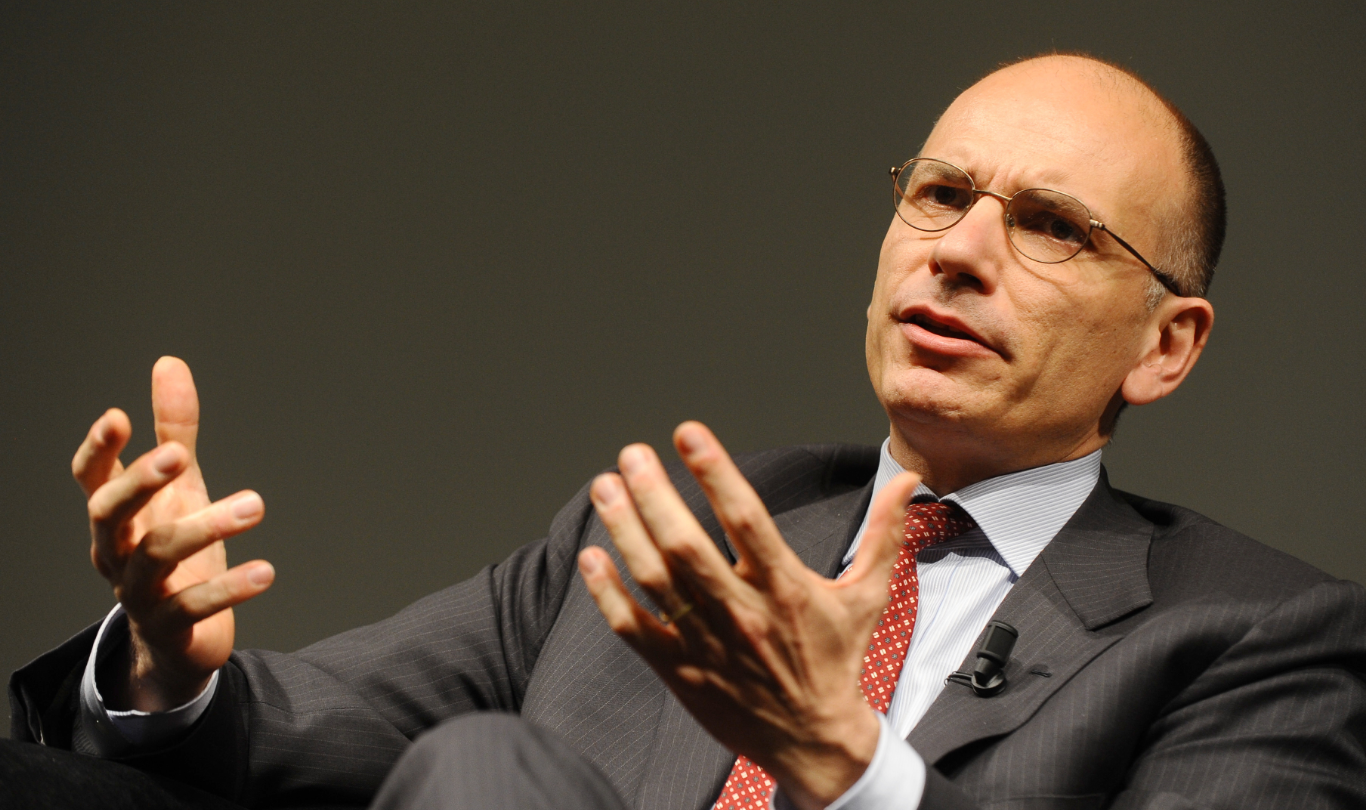Next Generation, what Italy must do. Enrico Letta speaks

Next Generation Eu represents an opportunity that presents itself only once in a generation and Italy cannot waste it. Michele Guerriero's interview with Enrico Letta, former Prime Minister and Minister, now director of the School of International Affairs of the Institute of Political Studies in Paris, published in the quarterly of Start Magazine
The next steps that Italy will take in Europe will be decisive for the course of our history and that of Europe. Not only the Recovery Fund , which by now everyone brings up in every debate and in every premise of political and economic reasoning, but also the construction of mechanisms such as the common fiscal policy, or the common defense policy.
To better understand the challenges facing our continent, we decided to ask Enrico Letta for an opinion, former Prime Minister and Minister in various governments, who currently heads the School of International Affairs of the Institute of Political Studies in Paris.
Italy, according to Letta, will have to involve the best energies and all social actors to achieve a result consequent to what he defines as a "historic political agreement", referring to the Next Generation Eu program. But let's take a closer look at what the former prime minister, Letta, told us.
With the European Council last July, which launched the so-called Recovery Fund, do you think that Europe has really chosen to enter the age of maturity?
At that moment Europe found itself choosing between life and death, and chose the former. It has chosen to unite and overcome some of its existential taboos, such as the huge issue of common European debt to be distributed according to the needs of various countries. That historic political agreement is now crucial to follow up with rapid grounding and careful implementation; and all this is not taken for granted. Maximum attention is needed and democratic scrutiny of this process cannot be missing: this is why I believe in the importance of the monitoring role assumed by the European Parliament.
We discuss how to use the huge resources coming from the Recovery Fund. What dangers do we run as a country that has historically sinned by lack of programming, for example, on European mutual funds?
We need a unified vision that is able to hold together projects of different scope. There is no doubt, we are in an unprecedented situation in recent decades: never have we found ourselves with such a large availability of public funds to invest in such a short time. For this reason it is vital to involve all the energies of the country, starting with the trade associations and the social partners, which during the pandemic have shown to play a fundamental role.
In which sectors of the economy do you think it is appropriate to invest the resources that Europe makes available to us?
Next Generation Eu insists on the two pillars of sustainability and digitization. For these two transitions to be a success, it is necessary to carefully manage their economic and social impact, which will be anything but uniform, with significant redistributive effects. For this, a third pillar needs to be added: a rethinking of our welfare system to better accompany these great transitions, starting with training.
Common defense, specifically telematic security, cyber security: as Europeans do we not risk being crushed in the cyber war between the US and China?
It is precisely the increasingly numerous and worrying scenarios of geopolitical instability in the world that can act as a catalyst for European strategic autonomy. Never before as today do we see that the defense of European values coincides with the promotion of our common interests: we see it for technology, but also in the field of sustainability and in the defense of democracy and the rule of law. An essential step, however, is to equip the EU with the necessary skills to be effective in its external geopolitical action.
A country like Germany, for example, the driving force of the continent, was fundamental for the resolution of the European Council in July. But at the same time on energy policies it moves on its own, as demonstrated by the construction of the North Stream 2 gas pipeline and the exclusive agreement with Russia. Do you think that the two souls of Germany, as European Union leader and "soloist", can coexist?
Next Generation Eu is proof that Germany believes that a united, strong and prosperous Europe is a necessary condition for its economic model, which can no longer be based solely on exports. At the same time, it must be said that we would never have reached this result without the system of alliances built by the axis of the three great Mediterranean countries: Italy, France and Spain. This is Europe's strength: to create alliances to achieve otherwise unattainable results.
(Extract from the interview published in the quarterly of Start Magazine "Digital Europe – The return of the Union and the opportunity of Italy"; here the full interview )
This is a machine translation from Italian language of a post published on Start Magazine at the URL https://www.startmag.it/economia/next-generation-cosa-deve-fare-litalia-parla-enrico-letta/ on Fri, 01 Jan 2021 07:38:28 +0000.
